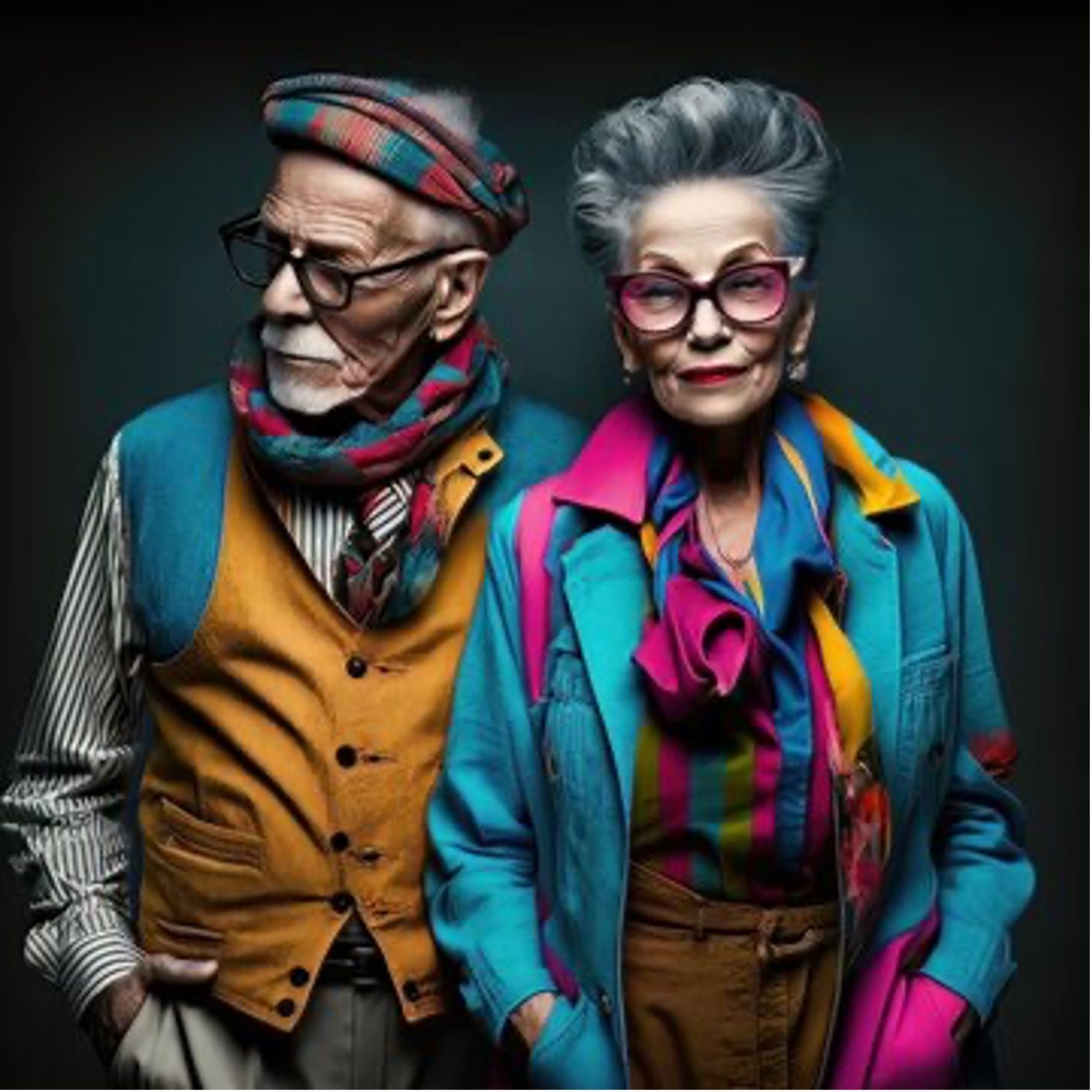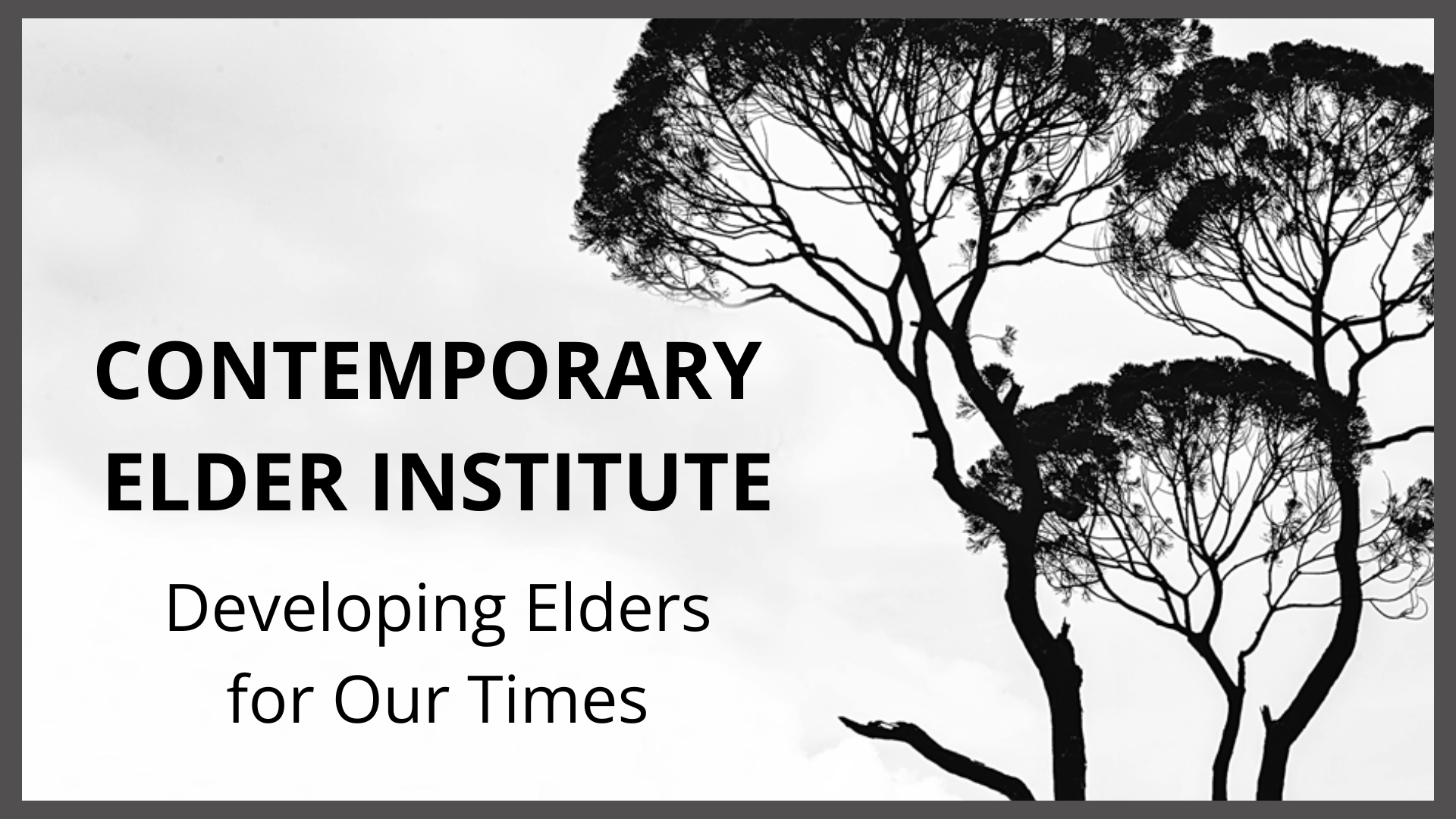HOW ELDERS GOT THEIR “COOL”
This is a subtitle for your new post

Want to join in the conversation?
Head over to Substack to read and comment!
COOL
In American slang, the word "cool" has evolved beyond its literal meaning of temperature and now refers to a state of being that conveys admiration, respect, or approval.
“Cool” describes someone fashionable, impressive, calm under pressure, and generally worthy of admiration.
When someone is “cool,” they are seen as confident, composed, and effortlessly in control of their situation. They are considered sophisticated, with a style or attitude that others find attractive or admirable.
Elders have freed themselves from the cultural concepts of “older.” Their practices, communities, wisdom, higher purpose, the way they speak, and their somewhat mystical presence are now becoming seen as “cool.”
But the most remarkable thing about Elders, and what makes them so “cool,” is that they don’t care about being “cool.” As Steve Carell is quoted as saying, “Maybe the coolest people are the ones who don't care about being cool.”
How Elders Have Become Cool
So, how do Elders get their cool?
Elders understand themselves, their humanity, and the world in a way that most never fully grasp—and that understanding brings them peace, happiness, humor, and a profound ease in life.
Elders don’t rush. They take their time and thoughtfully observe before they act. They know that decisions made in haste often miss crucial details. So, they step back, delay immediate responses, and deliberate on the hidden aspects that only become clear after thorough examination.
They understand that true clarity lies “deeper down,” beneath the surface of their initial reactions. In this “deeper down” space, they uncover what’s been hidden, shedding self-deception to get there, revealing how they've constructed their self-view.
Elders see themselves, others, and the world in a more transparent light. It’s like lifting the hood and shining a flashlight on what's really going on inside. And the best flashlight for this job is Reflection.
REFLECTION & CONTEMPLATION
Reflection is about looking back at one’s experiences, actions, or thoughts to learn from them. It’s about understanding what happened, why, and how it felt.
Elders are like skilled detectives, figuring out what they missed the first time around. They suddenly see the clues that have been overlooked. They understand the tyranny of the obvious—it’s always been there but unnoticed until now. And now, it can’t be missed.
Reflection opens the door to contemplation, which is where things go deeper. Contemplation is an intentional process in which the focus shifts beyond reviewing the past and exploring the underlying, personal why and how. It is the key to understanding what makes us who we are. It makes our mechanisms clear.
While reflection provides the raw material, contemplation is where insight transforms into wisdom. Elders mine this gold from their experiences. In Japanese, they call this "aha taken," the "aha" experience.
Elders know their first reaction will be reactionary—it’s human nature and impossible to avoid. But where others dive headfirst into emotionally charged, knee-jerk responses, Elders step back. They give themselves time to shift from the subjective, emotional response to the objective, thoughtful response.
By becoming aware of their initial bias and applying conscious thought, they can view an issue from multiple angles, connecting dots that would have been missed in the initial rush.
Today, much of the world, especially politics, operates on quick, emotion-driven decisions. There’s little room for reflection and contemplation, which would shift subjective noise into objective clarity.
Elders don’t get rattled. Elders don’t get “sucked in.” Elders see the cause of why things are the way they are. Elders bring the presence of a sage. Elders understand how to reflect and then contemplate. Elders understand humanity, theirs and yours. And that’s what makes them so damn cool.
Can you apply the wisdom and calm approach of the Elders in your own life? What’s one area in which you could bring greater reflection and contemplation? Just sit with it. Please do it. Notice what you now see about yourself that you never noticed before? Let me know what you found out.
Listen:
The Next Chapter with Charlie Hedges - Episode #361 Marc Cooper: Becoming a Modern Elder
